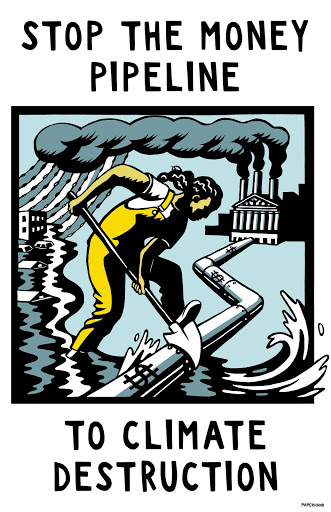One of the best, if not the best, book I read in 2024 was Leah Garcés’ Transfarmation: The Movement to Free Us from Factory Farming.
Garcés and her colleagues at Mercy for Animals are doing amazing work bridging the gap between (a) the many, many farmers who are fed up with being deeply in debt, with polluting the lands they love, with being bullied by multi-national food corporations, and with treating animals like mere machines and (b) the members of the vegan, environmental, and culinary communities who seek to abolish factory farms and transform the food system as a whole.
Transfarmation tells compelling, accessible stories about various individual farmers in different contexts, about the big picture of how the American farm system got so broken in the first place, and the positive impacts the partner farmers are bringing about for themselves and their communities by transitioning away from animal agriculture.
This book really hit home for me. My mom grew up on a farm, which my grandparents were still actively farming when I was little. I also lived in a (different) farming community throughout childhood – I had friends, classmates, teachers, and all sorts of other people around me who I loved and who depended on farming for both a livelihood and an identity. Even then, with very limited understanding, I had plenty of qualms about what happened on those farms.
But things have only gotten worse. American farming has changed virtually beyond recognition in living memory. And the existing farm system’s cruelty to farmers, to agricultural workers, to farm animals, and to the people who must eat the food produced on factory farms is beyond measure. It cannot be allowed to continue. The Transfarmation Project is finding real solutions for everyone impacted, one farm at a time. I found this book so energizing – I can’t recommend it highly enough!




